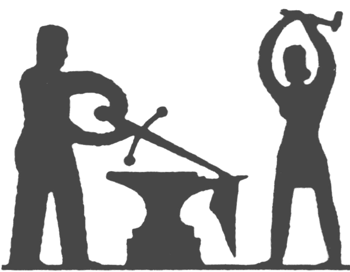“In southern Georgia it is nearing the end of May and we are approaching the eighth week of incarceration at Camden and Glynn Count jails, following the Kings Bay Plowshares action. I am reading Thomas Merton’s introduction to Alfred Delp’s book “Prison Writings”. Merton writes this piece in 1963, eighteen years after the Nazis executed Delp, a Jesuit priest. “The urgent need for courage to face the truth of untruth, the cataclysmic presence of an apocalyptic lie that is at work not only in this or that nation, this or that party, this or that race, but in all of us everywhere.” Then he goes on to quote Delp, “These are not matters that can be postponed to suit our convenience. They call for immediate action because untruth is both dangerous and destructive. It has already rent our souls, destroyed our people, laid waste our land and our cities; it has already caused our generation to bleed to death.” These words were written 73 years ago in a Berlin prison as Germany was loosing WW II in the spring of 1945. The country was decimated.
Now, how much further have we trod down this path of violent passion for an ever-increasing diabolical capacity for making use of science and technology in the service of war? The trauma of both world wars remains with us to this day, and we add to it.
After Germany’s defeat the United States recruited many of Hitler’s scientists and doctors, war criminals among them. This allowed us to continue building on an insane vision of racist world dominance.
I sit in this tomb-like concrete cell following our nonviolent, symbolic action of April 4th while large numbers of nuclear warheads rest in concrete bunkers 30 minutes away at Kings Bay Naval Submarine Base. I wonder if I have I been sent here by God’s grace despite my limitations and helplessness, essentially buried alive for the time being. Delp did die for his Church, the judge who condemned him personally hated the Jesuits. Merton also sights in his introduction of Delp’s book, the concerns of South African Bishop Hurley of Durban, of a failure on the part of the clergy, an inability to assist the laity while in such desperate need during times of modern warfare.
Now, in the 21st century we continue to possess a deadly nuclear arsenal while our amoral leadership calls for nuclear war on small countries such as Korea and Iran. These are countries that we have destroyed and meddled with in the past, a history we pretend to forget.
The Trump administration’s recent Nuclear Posture Review is attempting to make it easier to launch these weapons of utter omnicide.
We see our young generation lying bleeding or dying either on our streets, in our prisons, or within or after serving in our military. Those unfortunate enough to be drawn into these so-called institutions struggle to live, raise families, complete their educations, and envision a future that is all but held hostage by climate disruption, drug addiction, and a permanent war economy.
Yet in the face of all this we as Christians are always called to comfort ourselves and comfort each other. Here in jail the drug epidemic and war at home leaves young mothers weeping in despair, faces shattered, souls desolate. And yet, living in community and extremity like this, there still remains humor and a spirit to defy the overwhelming forces that destroy lives through addiction, racism, and violence.
The Southern Baptist tradition (like all too many of us) avoids any meaningful scrutiny of systemic evil, readily laying blame on the shoulders of individual victims of our culture. The religious ministry to the inmates is minimal and superficial, just at moments in people’s lives when they feel God’s presence in their pain, and yearn for change and salvation. The stories of military families suffering similar fates of trauma are prevalent here as well; in the end none of us are spared.
It is a curious thing, locking people up with very little to do and without restorative justice. The women adapt as best they can, performing self-care tasks, cleaning, socializing, and engaging in many normal aspects of life despite the deprivation. It is a gift to watch them braid each other’s hair, or simply sit and share stories. My own faith journey expands under these conditions even as I feel homesick and also knowing that we will be standing in two courts. A trial will be put on, one that is a process only, little to do with justice or reality. There is a critical necessity to avoid causing or taking hardened positions as we walk through this Plowshares experience. Exposing the sin of holding the world nuclear hostage and our mad participation in it is what we pray to change.”
